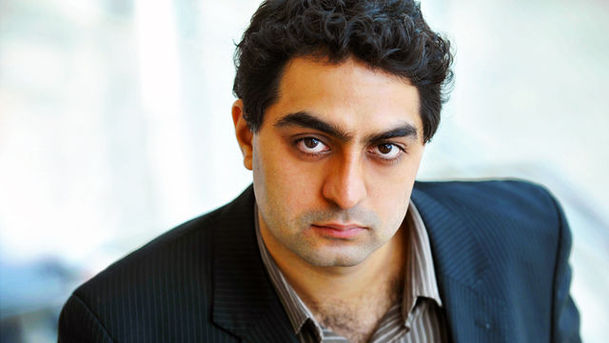Tiger v Dragon - China's String of Pearls

This is the Asian century. It will be increasingly dominated by two countries that share nearly half of the world's population: India and China. But the hype around the economic growth of these two Asian giants, lumped hopefully together as "Chindia," has obscured some much darker truths. In this provocative series of programmes, Mukul Devichand travels across frontiers, from the controversial new ports China is building in the Indian Ocean to the poor interior villages of these continent-sized countries. He examines whether China's authoritarianism may in fact be doing much more for the poor than India's sometimes bloody democracy. He also looks at how the old nationalist rivalries mingle with the intense hunger for oil and other natural resources. Far from the dream of a co-operative "Chindia," there's a risk India and China may well end up at odds with each other in what some have called an Asian cold war. Part 2: China's String of Pearls India and China are newly rising powers but also old military rivals, ancient civilisations which have stared at each other across the bitterly disputed Tibetan plateau for millenia. As the world's most populous nations now enter an era of rapid growth, they have renewed their diplomatic and trade ties. But how will the old acrimony shape the new faultlines of power in Asia and the wider world? In the second programme of the series, Mukul Devichand travels from India to China via the network of new ports China is building in countries around India. In the chaotic port city of Chittagong in Bangladesh, he speaks to Naval officers and Chinese workers about the "String of Pearls" -- deep sea ports that China is now helping to build and which some accuse of having a dual military use. On the other side, frustrated Chinese voices claim their generosity and their country's rise to world power status is being deliberately misunderstood. The concluding episode of Tiger v. Dragon questions key Chinese, Indian and American figures about the way in which the new world order is being shaped in Asia, and asks what it means for us all.